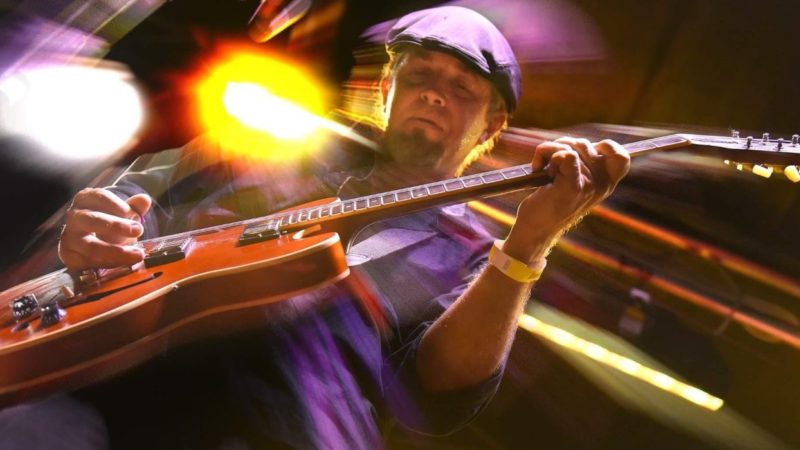in memorium
Artist Biography by Steve Huey
Producer, songwriter, arranger, session pianist, solo artist — Allen Toussaint wore all these hats over the course of his lengthy and prolific career, and his behind-the-scenes work alone would have been enough to make him a legend of New Orleans R&B. Thanks to his work with numerous other artists, Toussaintbore an enormous amount of responsibility for the sound of R&B in the Crescent City from the ’60s on into the ’70s. His productions kept with the times, moving from rollicking, earthy soul in the ’60s to gritty, rambunctious funk in the ’70s. As a composer, Toussaint proved himself a consistent hitmaker, penning more than a few gems that have since become R&B standards and been covered by countless artists working in many different styles. In keeping with that across-the-board appeal, Toussaint worked in some supporting capacity for a wide variety of rock and blues legends, particularly from the ’70s on. On top of all that, Toussaint waxed his own records from time to time, enjoying a creative peak in the ’70s with several albums that highlighted his laid-back vocals and elegantly funky piano work. Even if he wasn’t always the most visible figure, Toussaint‘s contributions to New Orleans music — and to rock & roll in general — were such that he earned induction into the Rock and Roll Hall of Fame in 1998.






